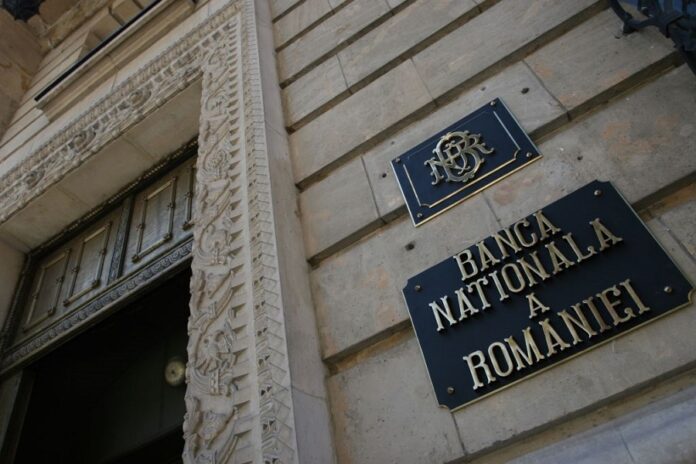Romania‘s central bank said on Wednesday that it lowered its inflation forecast for 2023 to 7% from 11.2% projected in November, taking into account an extended energy support scheme and the statistical effects of sizeable price hikes in 2022, according to See News.
Inflation is projected to continue its downward trajectory to reach 4.2% at the end of 2024, still above the upper end of the bank’s target band of 1.5%-3.5%, the central bank, BNR, said in its February inflation report.
“The main sources of risks and uncertainties continue to be chiefly related to geopolitical events, with a direct impact on energy and commodity markets, which are seen as significant supply-side inflationary sources,” the BNR said.
Wholesale energy market tensions and disruptions in global value chains are expected to gradually ease over the forecast horizon, while the peak of the inflationary cycle is estimated to have been reached in November, when inflation was 16.8%.
Energy price caps and compensation schemes, which were seen as the main drivers of the decrease in annual inflation dynamics for 2024, came into effect starting January 1, 2023 and were extended until March 31, 2025.
The central bank’s current baseline scenario was also built on the assumption of a high persistence of the war in Ukraine and further implementation of economic sanctions against Russia. Supply-side shocks compounded by the war in Ukraine remain the main source of inflationary pressures. Over the short run, the effects of these factors are bolstered by favourable demand conditions, which inject higher production costs into the final prices of goods and services.
Romania’s consumer prices rose by 15.07% on the year in January, slowing down from an annual increase of 16.37% in December, the national statistical office said on Tuesday.
On February 9, the BNR announced that it decided to keep its monetary policy unchanged at 7%, in an effort to bring the annual inflation rate in line with the 2.5% ± 1 percentage point target on a lasting basis.


